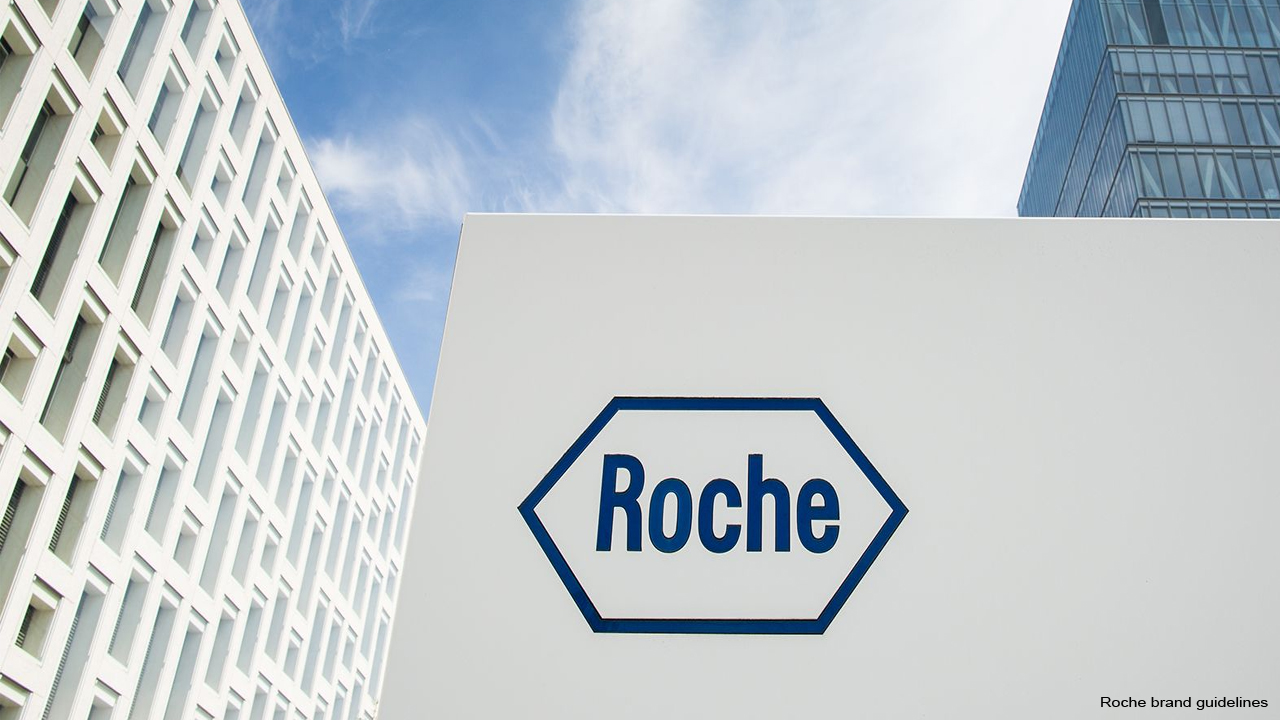Roche today announced that the European Commission has approved Phesgo, a fixed-dose combination of Perjeta (pertuzumab) and Herceptin (trastuzumab) with hyaluronidase, administered by subcutaneous injection for the treatment of early and metastatic HER2-positive breast cancer.
“This approval represents a significant step forward in the treatment of HER2-positive breast cancer,” said Levi Garraway, M.D., Ph.D., Roche’s Chief Medical Officer and Head of Global Product Development. “The innovation of Phesgo significantly reduces the time people spend receiving standard of care therapy with Perjeta and Herceptin, helping to minimise the impact of treatment on their everyday lives. It also addresses the increasing demand across healthcare systems for faster and more flexible treatment solutions.”
Phesgo is available as a single-dose vial for SC injection and enables over 90% faster treatment than IV administration of standard of care therapy with Perjeta and Herceptin. SC administration of Phesgo takes approximately eight minutes for the initial loading dose and approximately five minutes for each subsequent maintenance dose. This is compared to approximately 150 minutes for infusion of a loading dose of Perjeta and Herceptin using the standard IV formulations, and between 60-150 minutes for subsequent maintenance infusions of the two medicines.
The approval of Phesgo in Europe is based on results from the pivotal phase III FeDeriCa study, which showed that treatment with Phesgo produced non-inferior levels of Perjeta and Herceptin in the blood and demonstrated comparable efficacy versus IV administration of the two medicines. The safety profile of Phesgo with chemotherapy was comparable to IV administration of Perjeta plus Herceptin and chemotherapy. No new safety signals were identified, including no meaningful difference in cardiac toxicity.
The development of Phesgo highlights Roche's commitment to improving patients’ experience of cancer treatment, looking beyond efficacy outcomes and focusing on more flexible treatment solutions. Phesgo has the potential to help minimise pressure on healthcare systems by reducing administration time, as well as other costs associated with treatment, such as time spent in the infusion chair and drug preparation. The COVID-19 pandemic has further highlighted the need to utilise novel approaches that help to manage healthcare capacity to free-up time and resources.

 Subcutaneous administration is preferred by patients, physicians and healthcare providers, and is associated with a reduction in healthcare costs
Subcutaneous administration is preferred by patients, physicians and healthcare providers, and is associated with a reduction in healthcare costs











.jpeg)








.png)
.png)

.png)
.png)
.png)

.png)
.png)
.png)

.png)
.png)